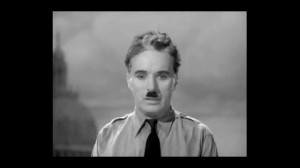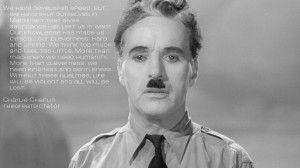Transcendental Cuisine
Tracy Young, my editor at Soho News in 1980-81, accorded me an unusual amount of freedom and a minimum of editing (which often amounted to the same thing), but she didn’t allow me to publish this article, written in July 1981. She approved it in principle when I proposed it, then refused it after it was written — the first and only time this happened during my year and a half on this weekly paper, where I was working as both a film and book reviewer. Later on, she wound up ripping out (or, in capitalist terms, salvaging) the reviews of Zorro, the Gay Blade and Heart to Heart, and running them on August 4, 1981 with Seth Cagin’s review of Victory, under the title “Transcendental Cuisine,” without explanation.
At the suggestion of Straub and Huillet themselves, this article was later included in a 20-page tabloid-size publication that I edited about their work to accompany the first (and, I believe, to date, only) full U.S. retrospective of their work, which I curated, at the Public Theater in New York, from November 2-14, 1982, which also included ten programs consisting of films by others that they selected to run with their own work, ranging from Blind Husbands to Antonio das Mortes to A King in New York to Civil War (the John Ford episode in How the West Was Won, shown with A Corner in Wheat and Land without Bread), and including several appearances by and discussions with Straub and Huillet. Read more


